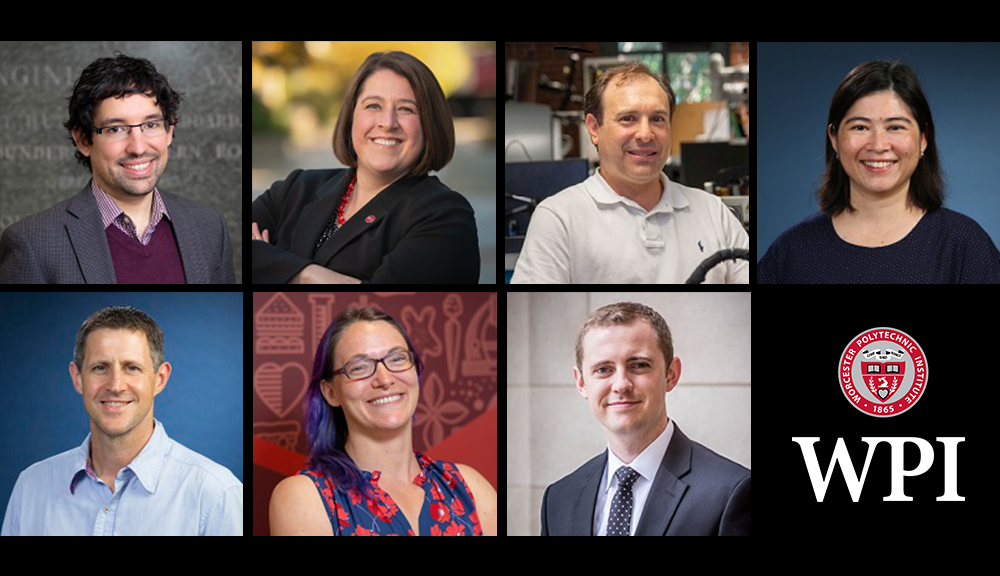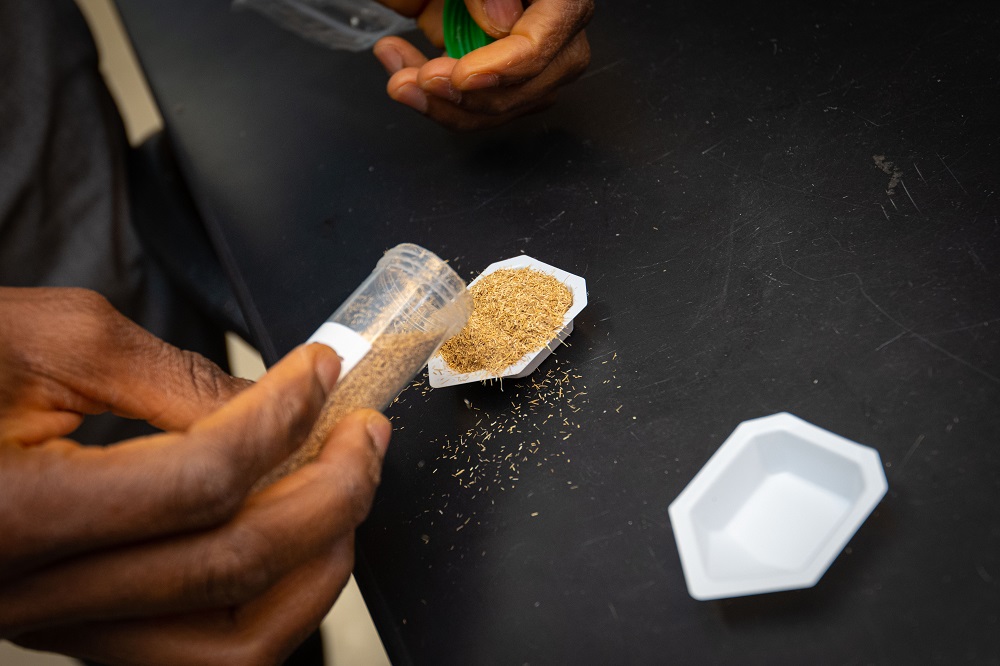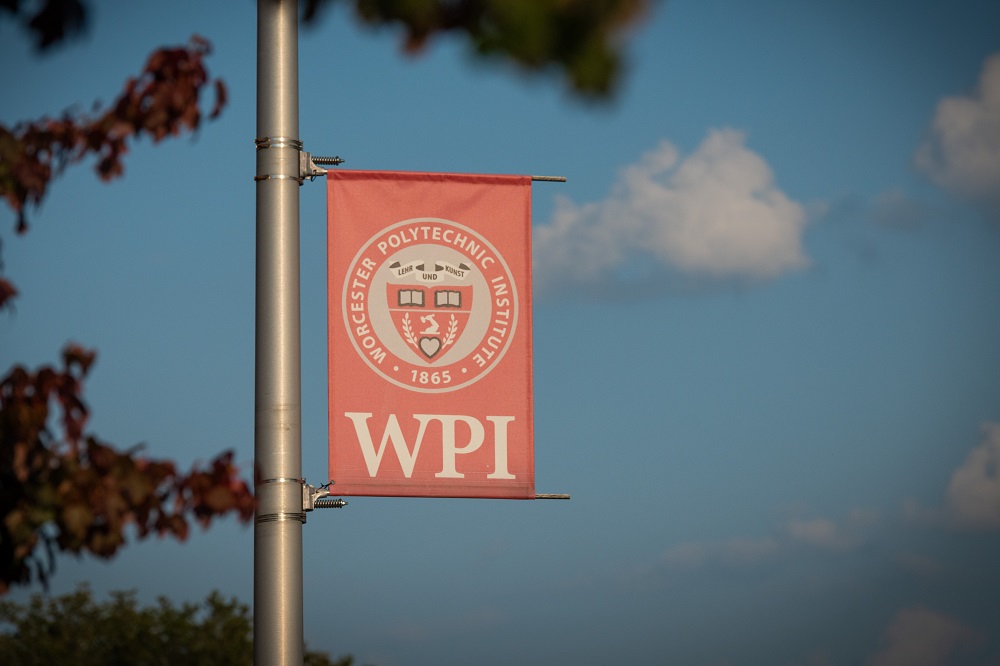Alexander L. G. DiIorio, 48, affiliated assistant professor of biology and biotechnology at WPI and director of the WPI Bioprocess Center, died Friday, July 9, 2010, after a long illness. He joined WPI in 1991 just after earning a PhD from the university. He also held an MS from WPI and a BS from Columbia University.
DiIorio directed the WPI Bioprocess Laboratory, which was built on the fourth floor of the Salisbury Laboratories building in the early 1990s with the aid of grants from The Kresge and W. M. Keck foundations. It was one of the only academic labs in the country at the time dedicated to research and education in bioprocess engineering. With the construction of the Life Sciences and Bioengineering Center at Gateway Park in 2007, the laboratory moved to the new building and was significantly expanded to create the Bioprocess Center.
Under DiIorio’s direction, the laboratory and center provided contract research and development services to the biotechnology industry. Its services included developing and optimizing fermentation and purification processes, developing new strains of organisms and new media, and conducting performance testing of equipment. The lab worked with dozens of companies and performed hundreds of fermentations, achieving performance yield increases as high as 100 percent.
Over the past several years, DiIorio worked in partnership with EdeniQ, a California company, to develop new processes for producing the biofuel Ethanol from the cellulose in agricultural waste and other sources of environmentally sound biomass (lessening the need to use corn and other foods for ethanol production). DiIorio led a research team that studied the microorganism in the guts of termites as well as fungi and other organisms that can break down cellulose, looking for naturally occurring microbes or enzymes that could be harnessed in the lab.
Last year EdeniQ licensed the technology DiIorio developed. "The research from WPI is integral to our ongoing development of a scalable, cost-effective cellulosic solution," Larry Gross CEO of EdeniQ, said at the time. "This technology not only plays an important part in our low-cost process for converting cellulosic biomass into ethanol, but also is incorporated into our Corn3 Yield Enhancement Program, which reduces the amount of corn used to make first-generation ethanol by about 10 percent."
In earlier research, DiIorio developed techniques for using proteins to concentrate and recover heavy metals from wastewater streams, particularly dilute streams, which are the most challenging for existing technologies. In 1996 he was one of two WPI researchers to receive research awards from the Worcester-based Fairlawn Foundation—the first awards the foundation granted to WPI. DiIorio’s award funded research on time-release drug agents, including PGA (polyglutamic acid), a high-molecular weight compound that could form a protective shield around medications and dissolve slowly to release the drugs into the blood stream over time.
The Bioprocess Center has played a central role in workforce retraining programs offered by WPI’s Corporate and Professional Education Division. The programs, developed in partnership with a number of major biotechnology companies, prepare students for positions in the burgeoning biomanufacturing industry in Massachusetts. DiIorio led a number of these programs, assisted by instructors drawn from industry.
DiIorio leaves his wife, Carol A. (Gurney) DiIorio; three children; his mother, Angelina (DelMonaco) DiIorio, of Westfield, N.J.; two brothers; and nephews and nieces.
A memorial mass will be held at 11 a.m. on Saturday, July 17, in Holy Trinity Roman Catholic Church, 315 First Street, Westfield, N.J. Memorial contributions may be made to the Rose Monahan Hospice Home in care of VNA Care Network Inc. Development Office, 120 Thomas Street, Worcester, MA 01608-1280.


